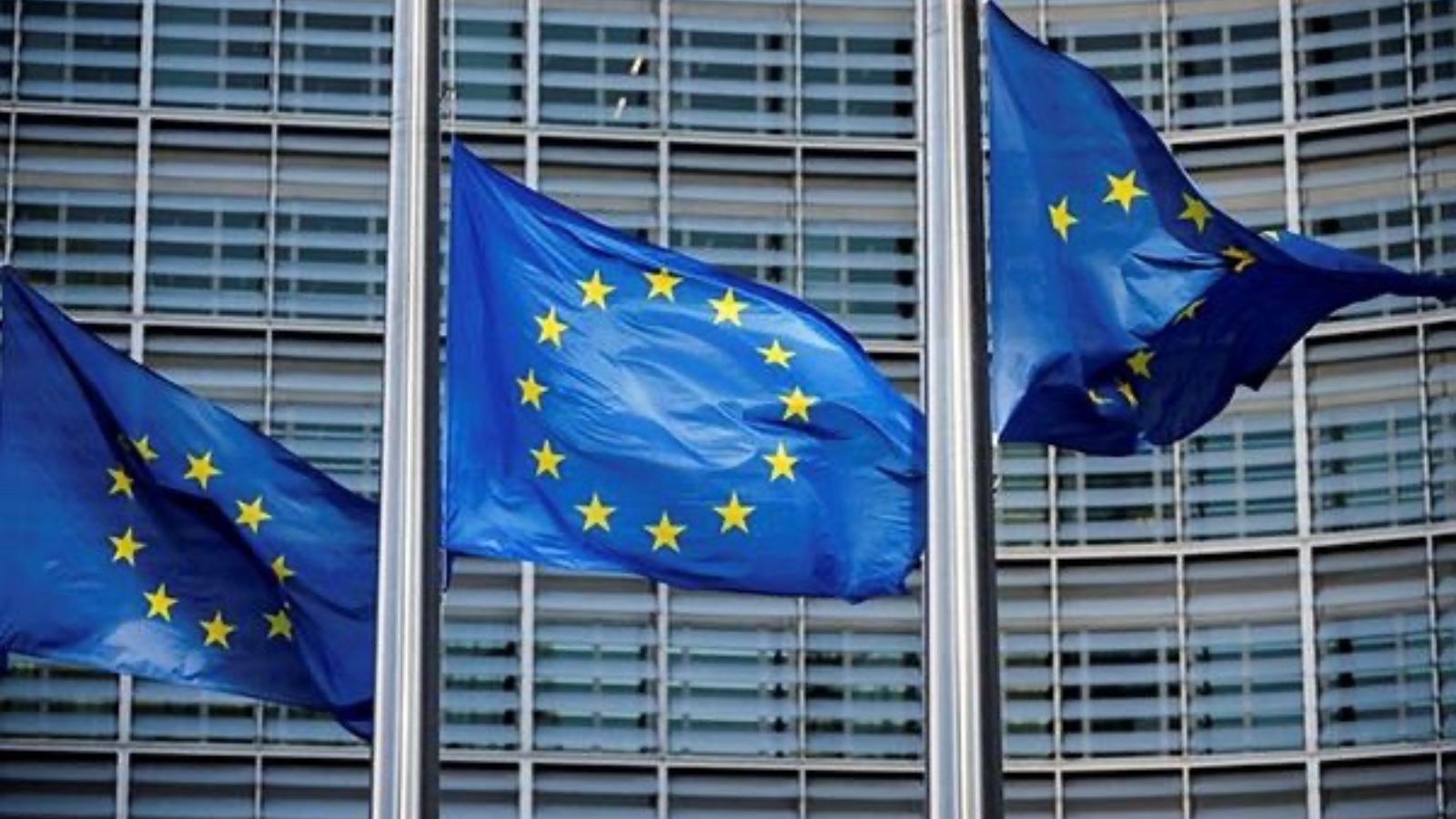Stay updated with the latest - Click here to follow us on Instagram
EU agrees on a new migration pact. Mainstream parties hope it will deprive the far right of votes
The new rules lay out the guidelines for screening people to establish whether they qualify for some kind of protection, like asylum, or deporting them if they're not allowed to stay.
 European Union flags fly outside the European Commission headquarters in Brussels. (Reuters)
European Union flags fly outside the European Commission headquarters in Brussels. (Reuters)European Union nations endorsed on Tuesday sweeping reforms to the bloc’s moribund asylum system as campaigning heats up for Europe-wide elections next month, with migration expected to be an important issue.
The New Pact on Migration and Asylum was officially approved by the 27-nation EU’s economy ministers, ending more than eight years of work to rewrite the rulebook for handling people who enter Europe without authorisation.
EU government ministers approved 10 legislative sections that are part of the pact, running to more than 1,500 pages of legal text. Hungary and Poland, which have long opposed any obligation for countries to host migrants or pay for their upkeep, voted against the package.
The new rules lay out the guidelines for screening people to establish whether they qualify for some kind of protection, like asylum, or deporting them if they’re not allowed to stay.
Mainstream political parties believe the pact provides answers to questions that have divided nations since well over 1 million migrants swept into Europe in 2015, most fleeing war in Syria and Iraq. They hope the reforms will starve the far right of vote-winning oxygen in the June 6-9 elections.
However, the vast legislative package will only enter force in 2026, so it provides no immediate fix to an issue that has fuelled one of the EU’s biggest political crises as nations bicker over who should take responsibility for migrants when they arrive and whether other countries are obligated to help.
Critics say the pact will let nations detain migrants at borders and fingerprint children. They say it’s aimed at keeping people out and infringes on their right to claim asylum. Many fear it will result in more dubious political deals with poorer countries that people leave or cross to get to Europe.
- 01
- 02
- 03
- 04
- 05































